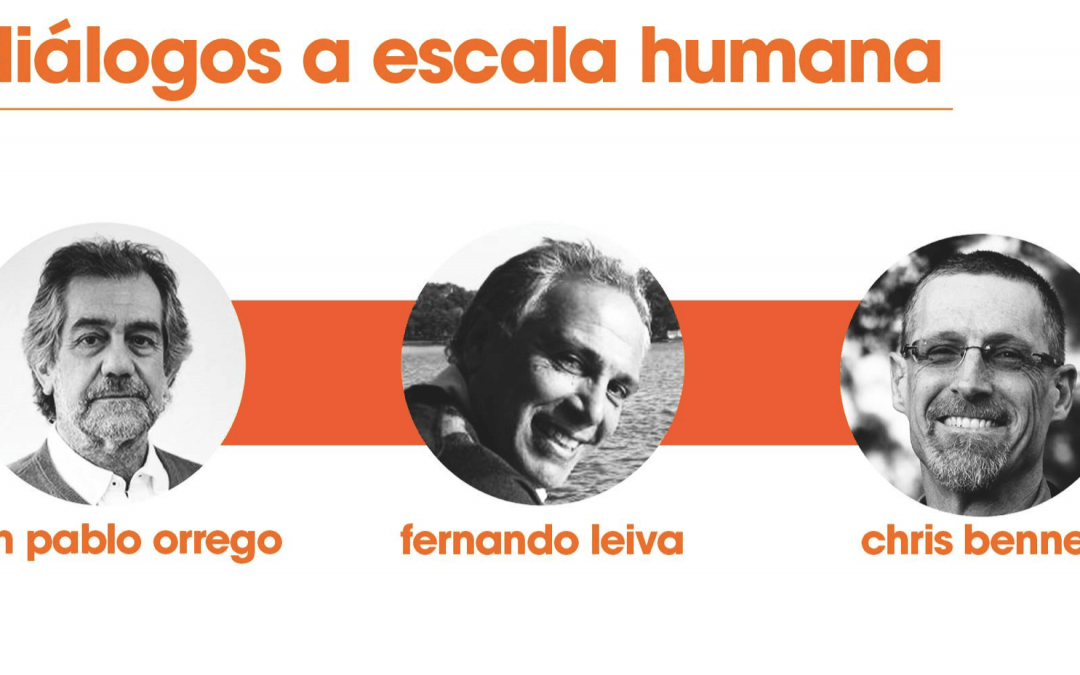Human Scale Dialogue – Presentation and dialogue with Fernando Leiva and Chris Benner from UC Santa Cruz, moderated by Juan Pablo Orrego
Sponsored by the Right Livelihood Colleges at UC Santa Cruz, Valdivia, and Bonn.
Fernando Leiva L. – New strategies for expanding the boundaries of extractivism in Chile: Dispossession through “territorial dialogues” and “early participation”
A significant change is taking place in how power operates, a new head springs from the Chilean neoliberal capitalist hydra, the oldest and most robust in the region. A new discourse offering cover for more sophisticated domination strategies enters the scene:”Early community participation,” “territorial dialogue” and “collaborative territorial development agreements” are some of the notions recently coined by mining, forestry and hydroelectric transnational corporations. Brandishing such discursive scaffolding, transnational capital has coaxed ministries, NGOs, universities, and consulting firms into co-creating new modes of exercising power at local level to neutralize community resistance to extractivism. Under the aegis of this new consortium, a new entity is spawned: the public-private-civil society corporation that embeds the transnational extractivist corporation as the hub for the “sustainable management” of extensive valleys and entire provinces. Spreading like wildefire through Chile’s long and narrow geography of Chile, this new modality seeks invade not only territories, but also our hearts and minds. My presentation traces how such strategy has evolved between 2013 and 2019 by examining the actions of Consejo Minero, Tironi Asociados, Valor Minero and Nueva Union in the Huasco Valley.
Chris Benner – From Resistance to Renewal: Solidarity Economics for the 21st Century
In a world in which economic insecurity has become the norm while economic tensions and uncertainties have fed into an emerging right-wing populism, how can policy makers and civic leaders react in a way that calms nerves, builds community, and generates a more prosperous and inclusive future? Part of what would help is having an economic theory and narrative that both understood the innovation now driving economic growth and took our mutual bonds and obligations seriously. In this presentation, Dr. Benner will share perspectives emerging from a broad collaboration with civic society actors in California to develop a vision for a more prosperous and inclusive economy. It links together perspectives on economic theory, public narrative, and specific policy proposals, with a particular attention to the intersection of race with community-building, the role of geography (or scale) in making change, and the commitment to civic engagement.


Recent Comments